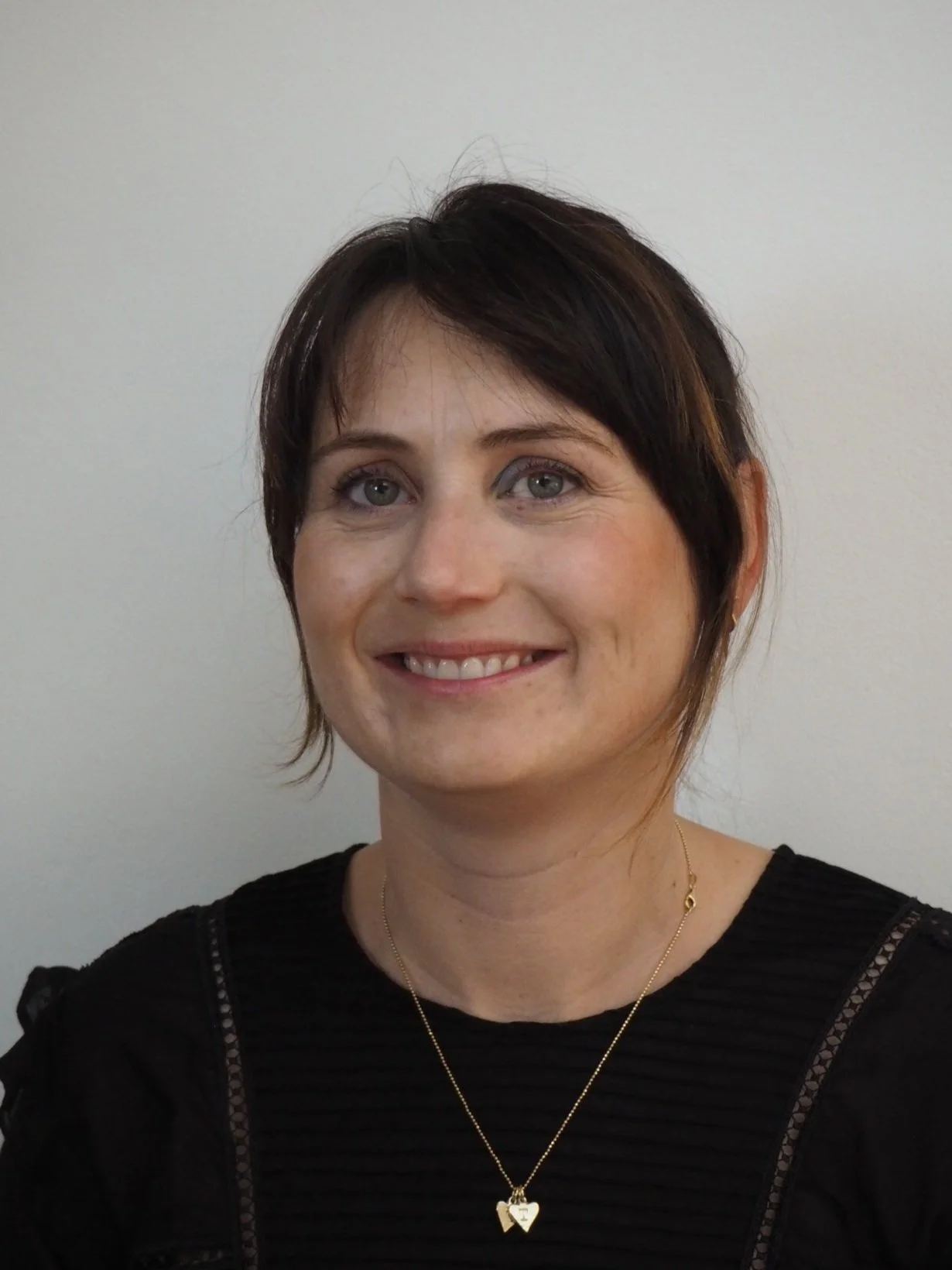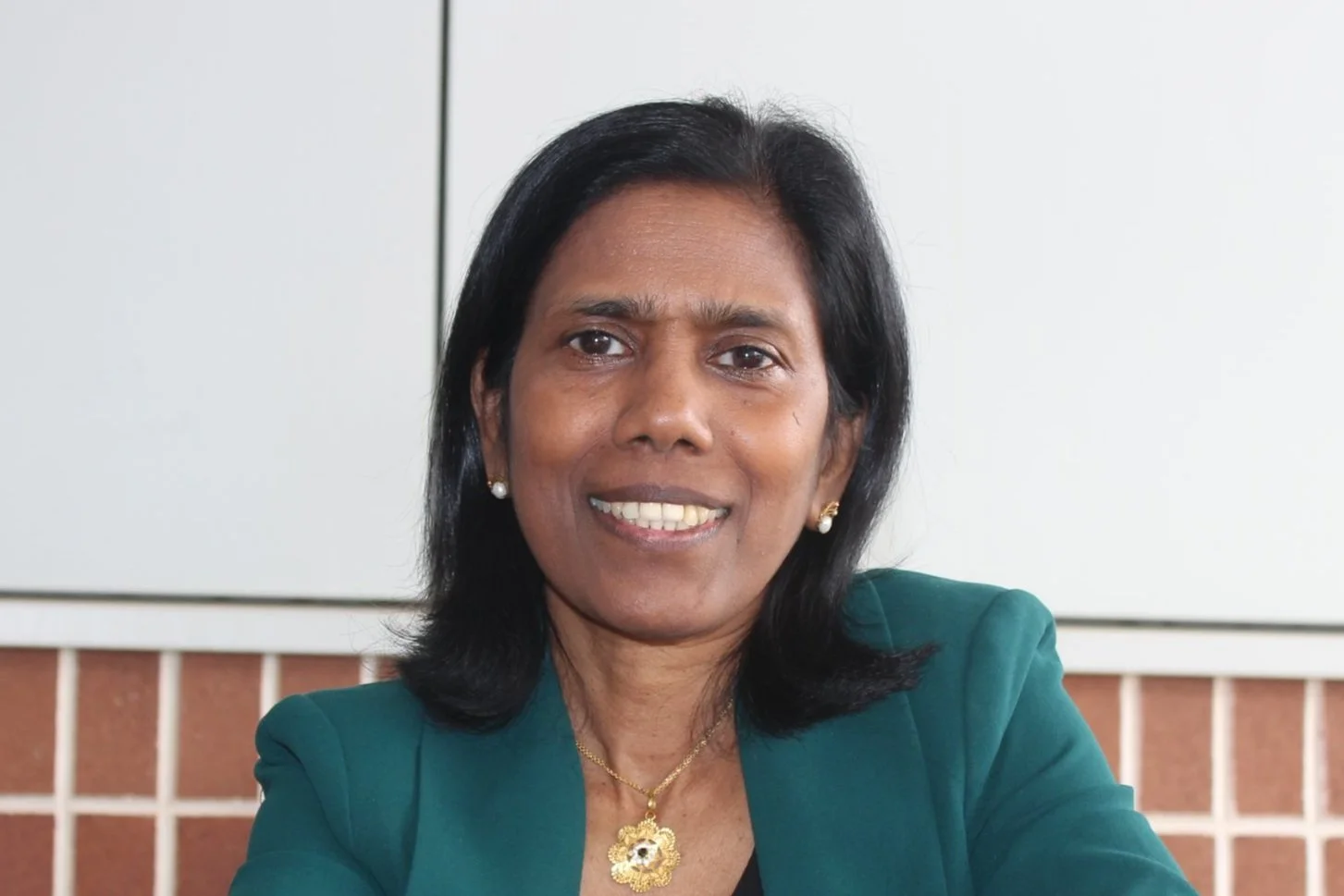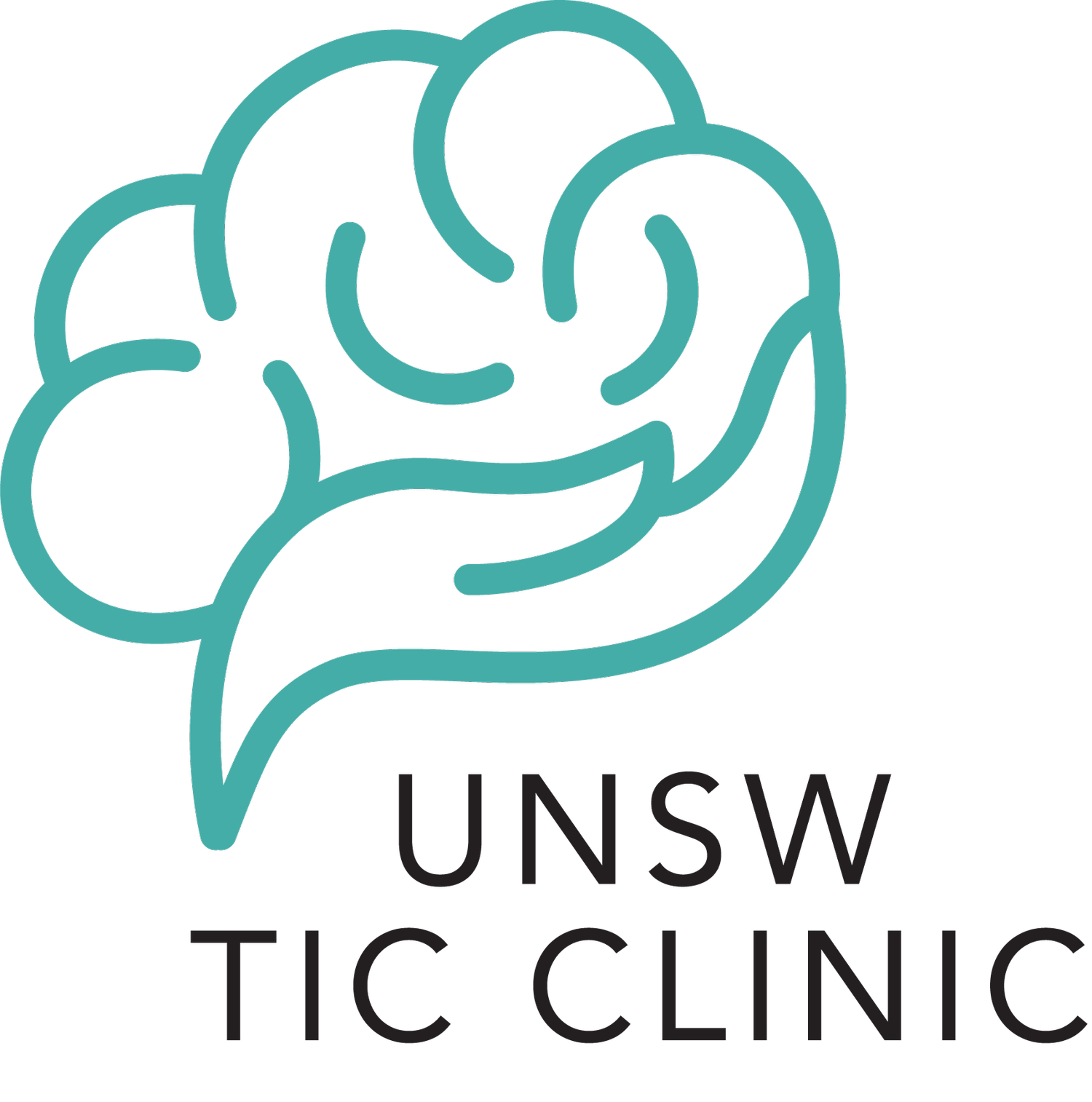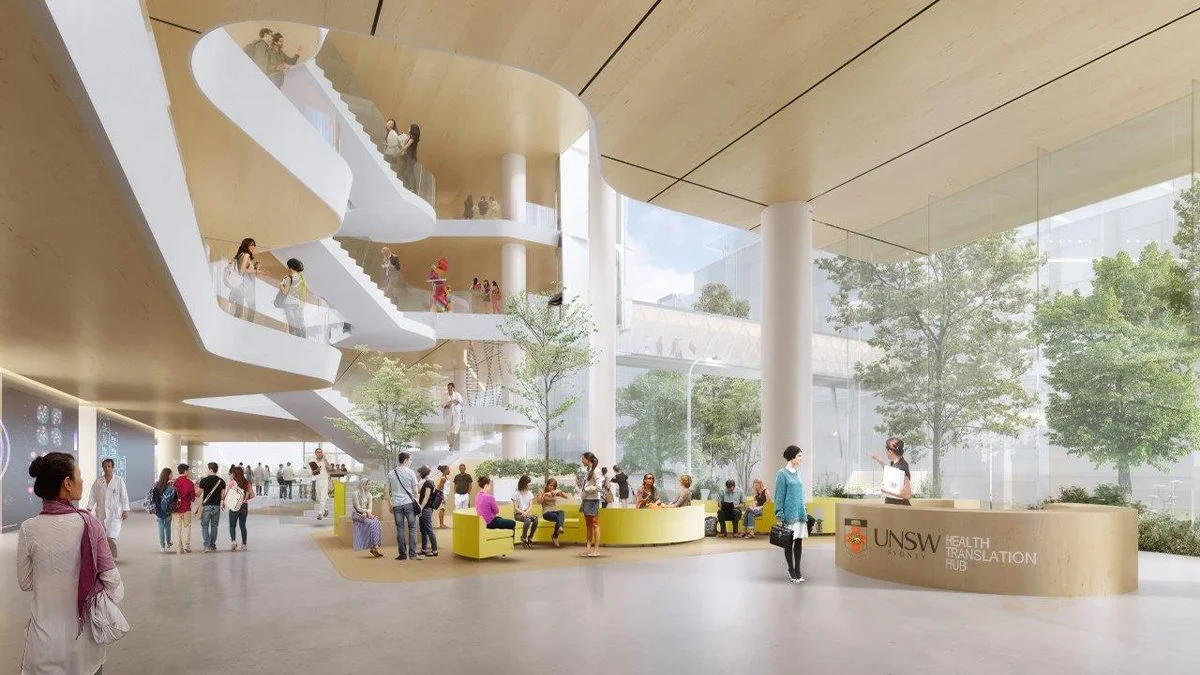Our Goal
Our goal is to empower individuals with tic disorders to lead fulfilling and functional lives by providing tools to manage their tics, build self-confidence, and improve their overall well-being, while helping them navigate daily challenges and enhance their social and emotional functioning.
Tic Conditions
Tics are characterised by sudden, rapid, repetitive, non-rhythmic movements or sounds. They can vary in severity and may impact daily activities, social interactions, and emotional well-being. Tics are a feature of several different conditions including primary tic disorders, such as Tourette syndrome and chronic motor or vocal tic disorders. They are also a feature of Functional Neurological (tic) Disorder (FND), where they are referred to as ‘functional tics’. Some people experience both primary tics and functional tics.
The impact of these conditions can be significant, affecting quality of life and overall mental health. When tics impact on daily living and quality of life, intervention may be necessary. Psychological therapies play a key role in managing primary tic disorders, and are an important part of a multidisciplinary approach for FND. Evidence-based psychological interventions can help individuals better understand and manage their tics, reduce their impact, and improve coping strategies. For some people, medication may also be helpful.
Who We Are
At the Tic Clinic, we provide research-based interventions for individuals with primary tic disorder and functional tics.
The goal of intervention is not to change who you are, but to help improve control over tics that may be bothersome, disruptive, or cause harm or injury. We focus on providing effective strategies to manage and reduce the impact of tics, allowing you to lead a more comfortable and functional life. Our approach is about supporting you in finding relief while respecting your individuality and personal experience with tics.
Our expert team uses evidence-driven approaches to help manage tics and improve quality of life. We also offer clinical placement for students to better support those with tics. Additionally, our Tic Directory connects individuals with qualified professionals for enhanced care and support.
Our Location
We are located at the Health Translation Hub (HTH) at the corner of Botany and High Street in Randwick, NSW.
Opening Hours: Tuesday and Wednesday 9.00am - 5.00pm
Getting to the Clinic: On the day, please make your way to the first floor either via the stairs or the lift and wait in one of the two waiting areas, where your clinician will come and collect you. Please watch this video for reference (lifts are located next to the stairs). Please note that, if you intend to drive, allow ample time to find parking. The HTH does not have parking and street parking is limited. UNSW campus parking is paid via the Cellopark app.
Intervention is offered face-to-face in our clinic. In some cases, intervention may also be offered via telehealth.
Meet the Team
-

Amanda Maxwell
CLINICAL RESEARCH MANAGER
CLINICAL PSYCHOLOGIST
BA., MA Ed & Dev., D. Clin Psych., Grad Dip Paed Neuropsych
-

Valsamma Eapen
CHAIR INFANT, CHILD & ADOLESCENT PSYCHIATRY, UNSW
CHILD PSYCHIATRIST
MBBS., PhD., FRCPsych., FRANZCP
-

Jess Brandt
PROVISIONAL PSYCHOLOGIST
BSc. Psychology (Hons)
-

Emily Wall
CLINICAL RESEARCH ASSOCIATE
BSc. Psychological Sciences (Hons)
-

Lulu Barker
CLINICAL RESEARCH ASSOCIATE
B. Psychology
-
Anthea Stylianakis
RESEARCH FELLOW
BPsych (Hons), MPsych(Clin), PhD




